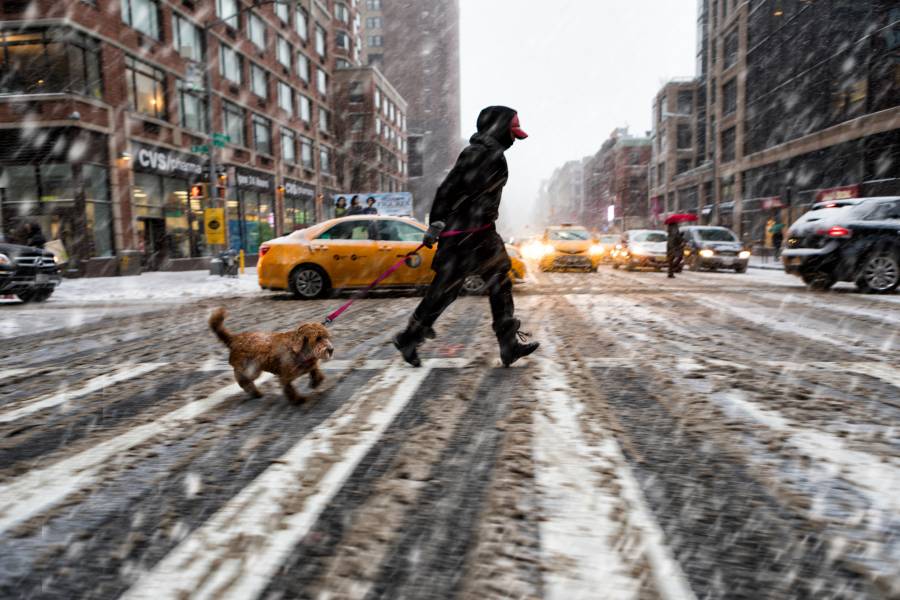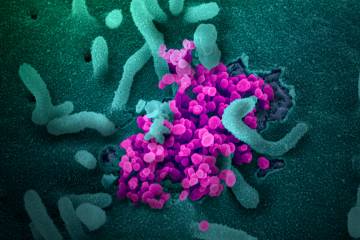Ben Zaitchik, a professor of Earth and planetary sciences at Johns Hopkins University, is leading an international task force of the World Meteorological Organization to develop best practices for producing accurate assessments on the potential impact of weather on the novel coronavirus. He says vigorous research is still needed to definitively determine if and how climate, environmental, and meteorological elements influence the spread of COVID-19.
He is also working on a NASA applied sciences project to investigate the possible link.
"There is both an urgent need and a unique opportunity to track and characterize the sensitivity of disease transmission to background climate conditions and to seasonal factors," states a summary of Zaitchik's NASA efforts. Questions about seasonal variability and transmission differences across climate zones are "already much debated and are highly uncertain."
Studies that concluded cold weather will spur another major wave of COVID-19 this winter have begun to influence pandemic response policies by governments around the world, despite the lack of sufficient data and peer-reviewed confirmation. The issue has grown so worrisome that the WMO held a three-day symposium about the topic and released a statement that included a warning to world leaders that such definitive declarations of a link between climate and COVID-19 are premature.
"Current peer-reviewed publications on the SARS-CoV-2 virus and the COVID-19 disease do not show a robust and consistent response to temperature, humidity, wind, solar radiation, nor other proposed meteorological and environmental drivers," the statement said. "Decision-makers should be attentive to not depend on pre-reviewed papers or findings of single studies. All studies should be communicated carefully and in context, to avoid misinterpretation and misuse of information."
Added Zaitchik: "There are reasons to expect that transmission of a respiratory viral disease like COVID-19 might increase under the colder, drier conditions of winter, but at this stage evidence on this point is mixed."
Zaitchik said the WMO task force is working to develop standards for the best ways researchers should measure the complex influences of climate, weather, and environmental factors on COVID-19. The task force will also work to form partnerships to share and discuss science-based insights and distribute them accordingly to policy makers around the world.
"One of the first things we will do is release a statement about what it takes to do a good study," he said.
Posted in Health, Science+Technology
Tagged earth and planetary sciences, ben zaitchik, coronavirus, covid-19









